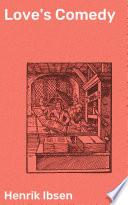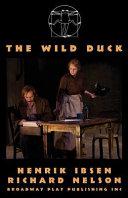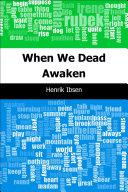Letter to Georg Brandes (17 February 1871), as translated in Henrik Ibsen : Björnstjerne Björnson. Critical Studies (1899) by Georg Morris Cohen Brandes
Variant translation: The quality of liberty is that, as long as it is being striven after, it goes on expanding. Therefore, the man who stands still in the midst of the struggle and says: "I have it," merely shows by so doing that he has lost it. Now this very contentedness in the possession of a dead liberty is a characteristic of the so-called state; and it is worthless.
As translated in Ibsen : The Man, His Art & His Significance (1907) by Haldane Macfall, p. 238
Variant translation: Neither moral concepts nor art forms can expect to live forever. How much are we obliged to hold on to? Who can guarantee that 2 plus 2 don't add up to 5 on Jupiter?
Context: He who possesses liberty otherwise than as an aspiration possesses it soulless, dead. One of the qualities of liberty is that, as long as it is being striven after, it goes on expanding. Therefore, the man who stands still in the midst of the struggle and says, "I have it," merely shows by so doing that he has just lost it. Now this very contentedness in the possession of a dead liberty is characteristic of the so-called State, and, as I have said, it is not a good characteristic. No doubt the franchise, self-taxation, etc., are benefits — but to whom? To the citizen, not to the individual. Now, reason does not imperatively demand that the individual should be a citizen. Far from it. The State is the curse of the individual. With what is Prussia's political strength bought? With the absorption of the individual in the political and geographical idea. The waiter is the best soldier. And on the other hand, take the Jewish people, the aristocracy of the human race — how is it they have kept their place apart, their poetical halo, amid surroundings of coarse cruelty? By having no State to burden them. Had they remained in Palestine, they would long ago have lost their individuality in the process of their State's construction, like all other nations. Away with the State! I will take part in that revolution. Undermine the whole conception of a State, declare free choice and spiritual kinship to be the only all-important conditions of any union, and you will have the commencement of a liberty that is worth something. Changes in forms of government are pettifogging affairs — a degree less or a degree more, mere foolishness. The State has its root in time, and will ripe and rot in time. Greater things than it will fall — religion, for example. Neither moral conceptions nor art-forms have an eternity before them. How much are we really in duty bound to pin our faith to? Who will guarantee me that on Jupiter two and two do not make five?





